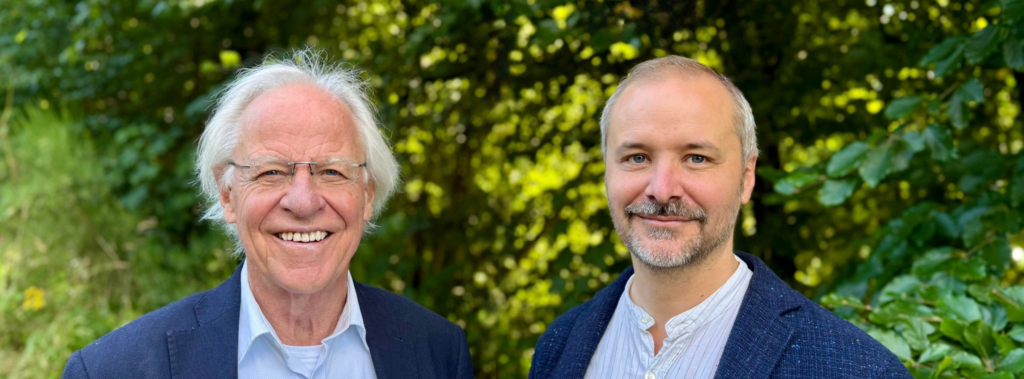Philosophy
We become alive when we allow ourselves to be touched by life. This touch can be as beautiful as it can be painful. If we only want the beautiful and shy away from the painful or the sad and we want to keep everything under control, we die inside. This is the basic attitude of “phenomenological psychology” – it follows life as life shows itself.
We have the following basic assumptions:
- We view human life as a manifestation of the free, self-evolving, living movement of consciousness or soul. “Soul” is not understood as an exclusively inner-human phenomenon, but also as the movement of human consciousness with its collective expression in culture and history.
- We understand phenomenological psychology as the perspective on this movement of the soul, which expresses itself in the individual, as well as in the whole, in the universe. Both belong together and are always observed together.
- Mental-spiritual growth (maturation) happens by itself, like any other growth. It emerges as a consequence of the inner movement of life, we do not have to and cannot “do it”. In our personal as well as in our work life, instead of “doing” something, what matters is recognizing, becoming aware, letting go, and, when life calls us, acting with determination.
- In practice, we work primarily but not exclusively, with the method of constellations with representatives, which makes it possible, unlike any other method, to visualize mental processes and thus to experience them holistically (mentally, emotionally and physically).
- As a theoretical and practical foundation of life, we use the model of the evolution of human consciousness developed by Wilfried Nelles, which is phenomenologically founded on the stages of human life (symbiotic unity in the womb, childhood, adolescence, adulthood, early elderly, mature elderly, death).
- From this, the life-integration process (LIP) has emerged as a practical format and holistic therapeutic perspective that anchors the constellation work in the here and now and seeks solutions no longer in the past, but in the unconditional approval of what was and is.








